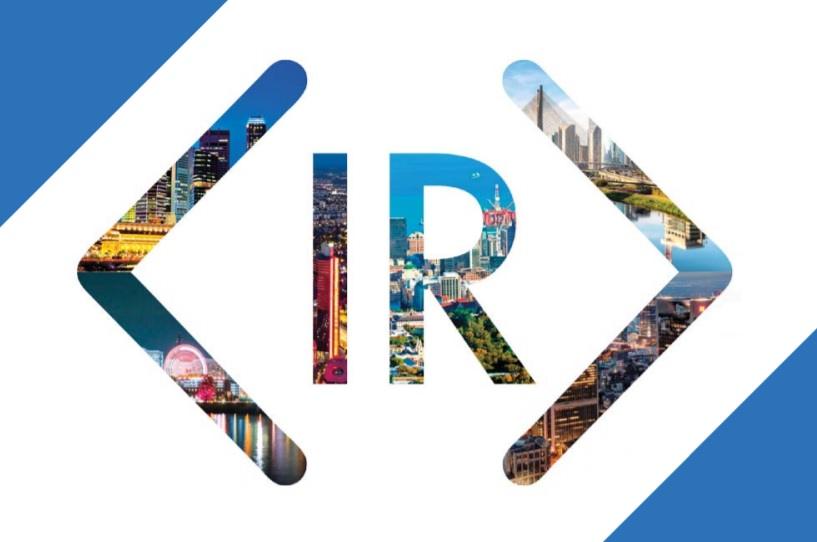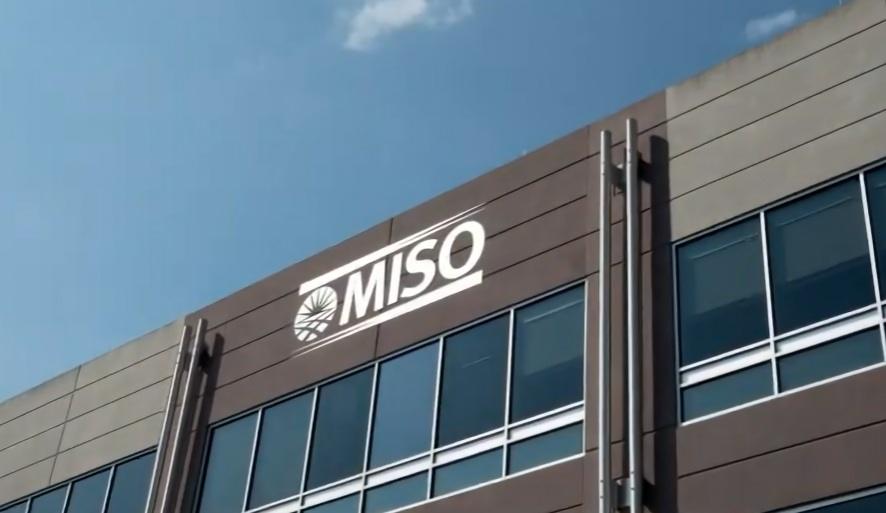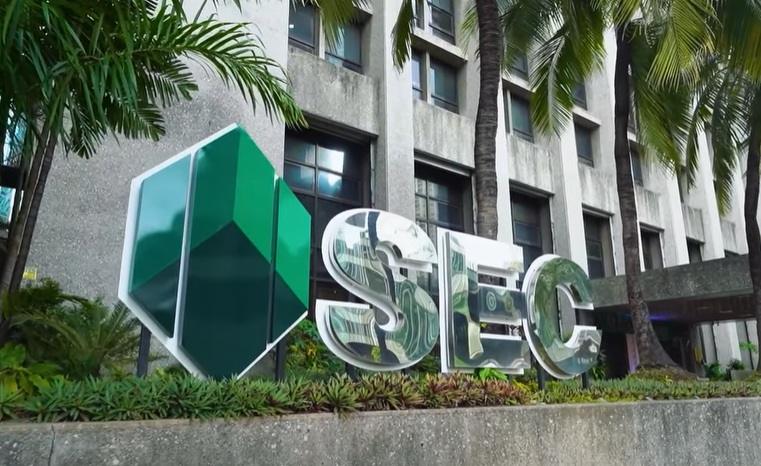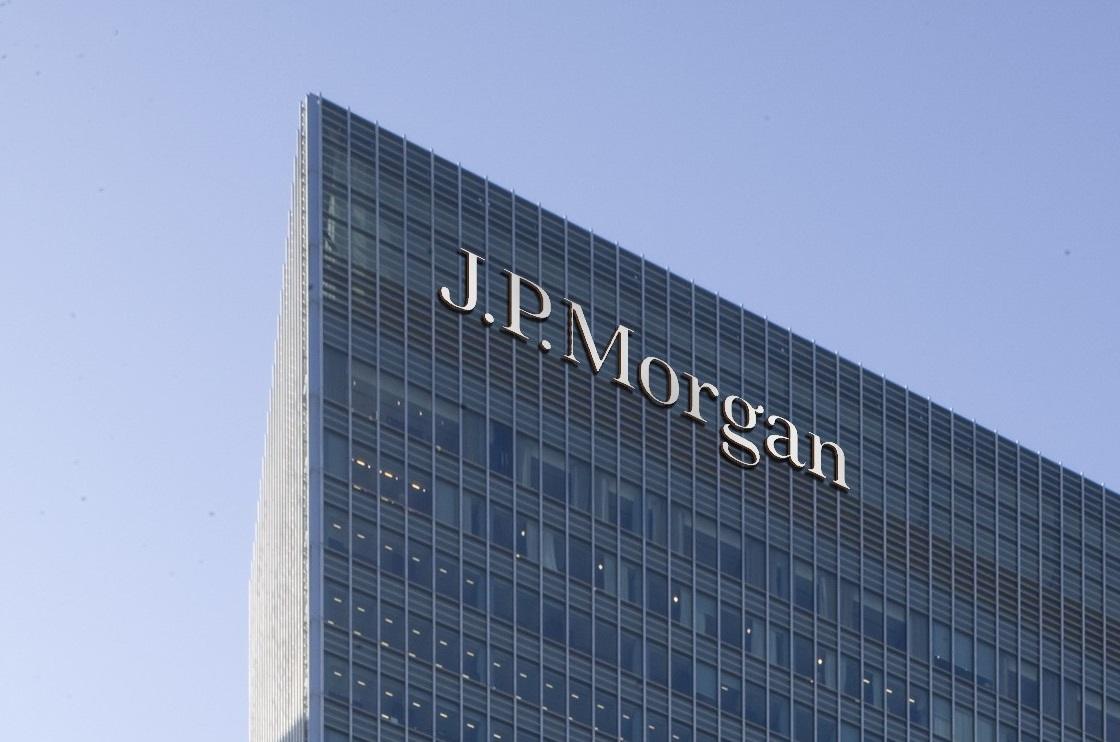SASB Merges with IIRC to form the Value Reporting Foundation
Reporting and disclosure-focused organizations the International Integrated Reporting Council (IIRC) and Sustainability Accounting Standards Board (SASB) announced today an agreement to merge and form the Value Reporting Foundation. Through this combination, the organizations aim to provide investors and companies with a comprehensive corporate reporting framework across the full range of enterprise value drivers and standards to drive global sustainability performance.
The IIRC is a global coalition of regulators, investors, companies, standard setters, the accounting profession, academia and NGOs with a mission to establish integrated reporting and thinking within mainstream business practice as the norm in the public and private sectors. The IIRC has developed the Integrated Reporting <IR> Framework, a set of guiding principles and content elements to govern integrated corporate reporting.
The SASB Foundation is a non-profit organization, established with the mission to establish industry-specific ESG disclosure standards for companies. The standards set by SASB are designed to enable investors to assess the materiality of reported sustainability information, and to compare companies on these metrics on a global basis.
Robert K. Steel, Chair, SASB Foundation Board of Directors, said:
“Information is the lifeblood of good decision making. Capital markets are hungry for information linked to enterprise value creation, but they cannot easily digest what comes from a fragmented reporting landscape. This merger is an important step towards businesses and investors communicating with clarity and ease about the issues that matter most to financial performance.”
Over recent years, investors and other stakeholders have increasingly demanded sustainable business practices from companies in all areas of their businesses including environmental, social and governance (ESG). Reporting and disclosure is a key factor in measuring and assessing businesses’ sustainability profiles and progress, yet a lack of consistent and reliable reporting standards is often reported as a key obstacle to company and investor efforts. As these standards develop, through efforts by organizations like SASB, sustainability reporting is becoming increasingly mainstream, and are increasingly emerging as part of companies’ integrated disclosure practices. Today’s announcement marks a significant step in that evolution.
The organizations stated that the merger directly responds to calls from global investors and corporates to simplify the corporate reporting landscape, providing the market with a clear solution for communicating about the drivers of enterprise value.
Barry Melancon, Chair, IIRC Board, said:
“The <IR> Framework and the SASB Standards are complementary. Integrated reporting describes all relevant value creation topics and the approach to integrating them in corporate thought and reporting. SASB provides the precise definitions of the data that should be reported for these topics in each industry. Organizations globally already use both to communicate effectively with investors about how sustainability issues are connected to longterm enterprise value, with these endeavors ultimately benefitting other key stakeholders. Under the Value Reporting Foundation, we will link the concepts between the <IR> Framework and SASB Standards even further.”
According to the IIRC and SASB, the merger will also advance the work of CDP, CDSB, GRI, IIRC and SASB in the ‘Statement of Intent To Work Together Towards Comprehensive Corporate Reporting,’ which outlines a vision for a comprehensive corporate reporting system.
In a statement welcoming the formation of the new Value Reporting Foundation, GRI Chairman Eric Hespenheide said:
“We congratulate IIRC and SASB on their decision to join forces and their support of companies in producing relevant disclosures about sustainability related value creation.
“For a sustainable future, companies need to take responsibility for their impacts on the world. Sustainability reporting is the practice by which they disclose their significant economic, social and environmental impacts. This information is critical to inform decisions for a wide range of stakeholders, ranging from employees to policy makers and from customers to investors.
“Understanding the financial risks related to these sustainability impacts on a company’s bottom line and value creation are critical for providers of financial capital. The formation of the Value Reporting Foundation represents a significant step towards a better representation of sustainability related risks in financial reporting.
“I am looking forward to working with the Value Reporting Foundation on advancing corporate transparency.”
SASB and IIRC also stated that the newly formed entity may integrate other entities focused on enterprise value creation, and revealed that the Foundation and CDSB have jointly signalled interest in entering into exploratory discussions in the coming months.
The organizations anticipate completing the merger by mid-2021. The new Foundation will be led by Janine Guillot, currently CEO of SASB. Guillot said:
“Sustainability disclosure is at the top of the agenda for many, creating incredible momentum towards simplifying the corporate reporting landscape. By merging two organizations focused on enterprise value creation, we hope to clarify the field. We stand ready to engage with the efforts of the IFRS Foundation, IOSCO, EFRAG, and others working towards global alignment on a corporate reporting system.”
Charles Tilley, CEO, IIRC, added:
“This merger is a significant advancement towards building a comprehensive system of corporate reporting, as we work to ensure integrated reporting and sustainability disclosure have the same level of rigor as financial accounting and disclosure. But reporting should never be for reporting’s sake. Our focus is on ensuring businesses have effective governance over enterprise value creation factors and that investors are able to fulfil their role as stewards. We will continue to advance integrated thinking to achieve this.”





